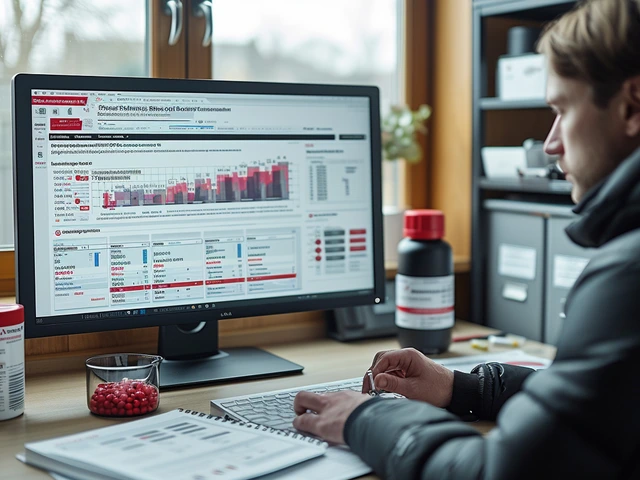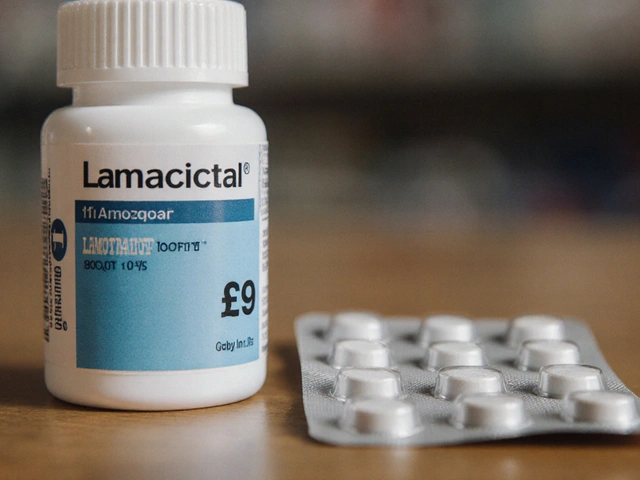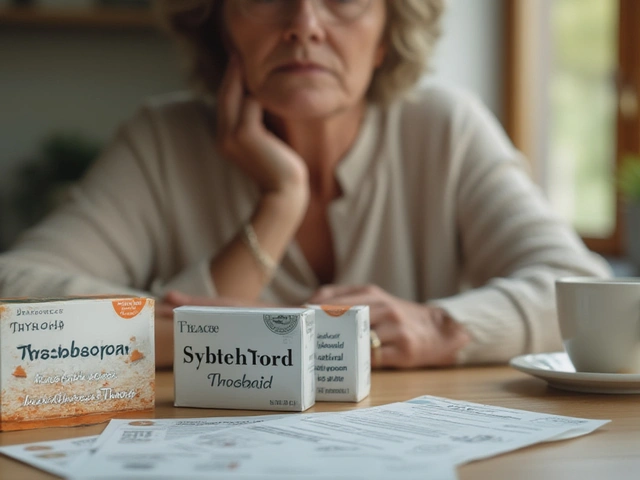Affordable Proair HFA Online: A Comprehensive Guide to Cost-effective Asthma Management
January 15 2024Coupon Privacy: How to Use Pharmacy Coupons Without Giving Away Your Data
Coupons save money, but they often ask for more than a code — email, phone, birthdate, loyalty numbers. That extra info helps companies target offers, but it can also expose your data. On Pharmacy2Home we see many readers asking: what exactly do coupon sites collect, and how risky is it? This page gives clear, practical steps so you can use coupons without handing over your privacy.
How coupons track you
Digital coupons use several simple tools to link discounts to people. Common methods are tracking cookies, referral tags, account profiles, and tied loyalty cards. If a coupon asks you to sign up, that account stores purchase history and contact details. Even free coupon apps often request location or microphone access on phones — not to spy, but to serve local offers. Still, that access is data that can be shared or sold.
Pharmacies and third-party coupon networks may match coupon use to medical purchases. If a coupon is tied to a prescription refill or a specific condition, your purchase details could be logged with your profile. A breach or lax privacy policy can make that personal health information easier to find. That’s why reading privacy rules and limiting what you share matters.
Quick privacy tips you can use today
Use a throwaway email for coupon sign-ups so promo messages don’t land in your main inbox. Create a separate password and avoid linking your main loyalty accounts to coupon apps. If a coupon asks for a phone number, consider using a secondary number or an SMS-forwarding service instead of your primary line.
Check permissions before installing coupon apps. If the app wants access to contacts or your microphone, skip it unless that access makes sense for the feature you need. Turn off location sharing when it’s not necessary. On desktop, block third-party cookies or use a privacy-focused browser to limit tracking tags.
Prefer printable or in-store coupons that don’t require accounts. If a coupon requires medical details, ask the pharmacy why that information is needed and how it will be stored. Look for short, clear privacy policies and check whether the site shares data with third parties. If you can’t find that info, choose a different coupon source.
If you suspect a coupon site mishandled your data, change passwords, remove linked payment methods, and contact the pharmacy or coupon provider. Consider freezing credit or signing up for identity monitoring if sensitive health or financial details were involved.
Coupons are great for lower costs, especially for pricey prescriptions. Use a few smart habits — throwaway emails, limited permissions, and careful account linking — and you’ll keep most privacy risks low. Pharmacy2Home wants you to save money without trading away your personal data.
 9 Aug
9 Aug
Top Apps Like GoodRx for Prescription Discounts with Best Features
Looking for alternatives to GoodRx? Learn which top five prescription discount apps offer the best user experience, coupon selection, and privacy.
Read More...




